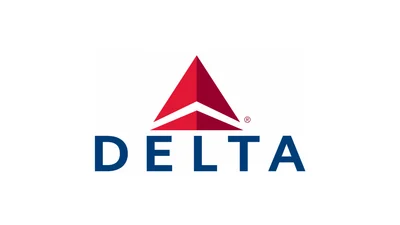The Airbus A380 stands out as the world's only widebody double-deck airliner and is currently recognized as the fastest commercial aircraft in service. It can reach a top speed of 634 mph (1,020 km/h) and has a range of up to 8,300 nautical miles (15,410 kilometers), surpassing that of Boeing's largest models at launch. The A380 features either Rolls-Royce Trent 900 or General Electric/Pratt & Whitney Engine Alliance GP7200 engines—each providing substantial thrust while aiming for efficiency and reduced noise.
Despite these technical achievements, airlines have had mixed reactions to operating the A380. Many retired or stored their fleets during periods of low demand such as during the pandemic because high operating costs made it difficult to profit unless flights were full. Some carriers like Lufthansa returned several A380s to Airbus but retained others for use on high-demand routes when travel rebounded. Emirates and Singapore Airlines continue using their A380s for busy routes where passenger numbers justify their size.
As of September 2025, data from Airbus shows that out of a total production run of 251 delivered A380s, there are currently 186 still in operation worldwide; another 36 are stored and 24 have been scrapped.
The history of fast commercial jets also includes notable examples such as Concorde—the supersonic airliner operated by British Airways and Air France—which flew at speeds over twice that of sound until its retirement in 2003. Other fast jets include Russia’s Tupolev Tu-144 and America’s Convair 990 Coronado.
While initial hopes were high for widespread adoption of very large jets like the A380—with projections suggesting up to 1,200 could be built—actual orders fell short at just over two hundred fifty units before production ceased in February 2019 due to changing airline preferences toward more fuel-efficient twin-engine planes like the Airbus A350 or Boeing’s Dreamliner series.
Looking ahead, industry focus has shifted away from building ever-larger or faster jets toward improving efficiency and sustainability through better aerodynamics, quieter engines, lower emissions, and reduced operating costs. Newer models such as Airbus’s single-aisle A321XLR entered service in November 2024; meanwhile Boeing is reportedly working on a new model expected around early next decade.
Although production has ended for iconic models like Concorde, Boeing’s jumbo jets, and now Airbus’s superjumbo A380—their legacy continues with some remaining in active service today alongside emerging technologies aimed at shaping aviation’s future direction.
 Alerts Sign-up
Alerts Sign-up




































